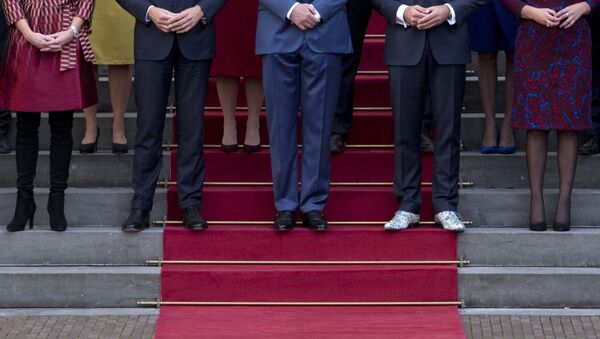The Netherlands' Parliament was told November 16 in a report by its Committee for European Affairs that it will bear the brunt of a worst-case scenario in which a politically paralyzed United Kingdom leaves the European Union without a post-Brexit trade agreement and that even a hard Brexit which is well-implemented would be a more preferable outcome.
Partners in Trade
The negative impacts of merely a 'soft' Brexit are predicted to have a more acute effect on the Dutch economy than the average for other EU member-states, in large part due to the closeness of the two countries' financial sectors. The UK is the Netherlands' closest trading partner after Germany, to which it exported US$23 billion (€20 billion) in goods and services in 2015.
The report outlined recommendations that the Dutch Parliament push more strongly for the rights of its citizens in Britain to be protected and that it work to preserve economic relations with the UK.
Amerstdam served as London's predecessor at the hub of the European financial sector.
Some of the largest banks operating in the UK are Dutch, including ING, Rabobank and ABN Amro and have been trying to predict the likely effects of Brexit on the UK and the Netherlands.
Britain is scheduled to exit the EU on March 29 2019, two years after invoking Article 50 of the Lisbon Treaty, declaring its intention to leave. There are just over 16 months remaining for the two sides to negotiate the terms of separation with observers particularly in the business communities on both sides becoming increasingly anxious at what they consider a lack of progress in the talks so far.
EU anxieties have been particularly high since the inconclusive British general election in June which severely weakened Prime Minister Theresa May's authority and has since seen several Conservative figures vying to replace her at the head of a coalition government vulnerable to sudden collapse.




